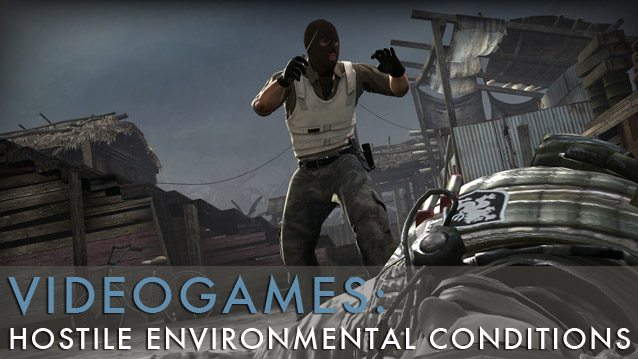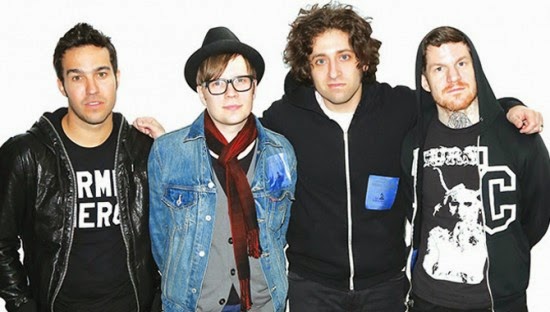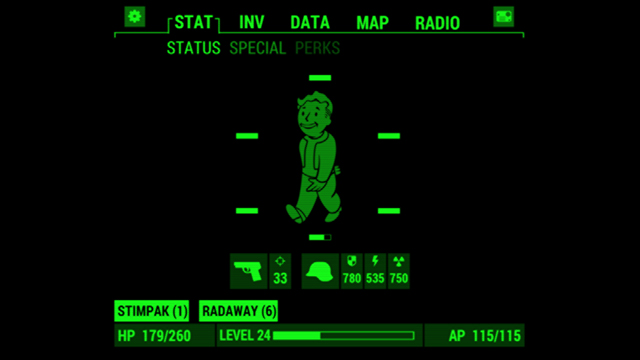


Gamers are an angry bunch. Quick to anger, loving unprovoked personal attacks it seems. The gaming community at large appears to be a huge cesspit of juvenile—and mostly male—people, who pride themselves on humiliating others. For their opinions, for their gender, race, ability to play games. The gaming community overall is a very hostile, very unfriendly place.
The comment sections of any bigger gaming site are frequently the battlefields of raging flame wars.The comment sections of any bigger gaming site are frequently the battlefields of raging flame wars. Be it among the commenters or commenters trolling away at the writer of whatever article those comments are placed under. It gets worse, oftentimes completely out of hand, when the topic is somewhat “controversial”, especially when it’s about women and games.
But why is that so? There are several contributing factors at work here. One is, obviously, the internet. The gaming community is borne from the web, unlike other groups of people who share a hobby and who convene online for the sake of convenience. Gamer meetups—at least where I come from—are rather rare. Gaming is a mostly solitary hobby, even when taking multiplayer games into account. Of course there are LAN parties, which may soften up this account a bit, but eventually The Gamer as a person in this particular hobby pursues his hobby alone.
Therefor, the Internet is the place where gaming communities form. And that leads to another factor, the anonymity of the net. There’s only handles and avatars, no immediate interpersonal communication. There has been a lot of controversy about Blizzards no longer so recent attempt to curb trolling by introducing the Real ID whereby people had to post on the forums using their real names. But even that doesn’t really help the problem of the overall hostile environment much. The communication is still not immediate. Still impersonal.
The next factor is quite simple. Gaming—and especially online gaming—is a highly competetive hobby. With the introduction of gamerscores and achievements, a certain layer of competetiveness has even invaded single player experiences. Due to the lack of interpersonal communication and immediacy, the tone of competitive online multiplayer gaming can be harsh, juvenile, idiotic and hostile as a school of rabid piranhas smelling blood. Racial, misogynist slurs seem to make up regular gamer language, sexually degrading acts belong to the normal reportoire of “social gestures” in online multiplayer.
This behavior breeds a monoculture.And while it may all only be a game and while none of the many instances of homophobic, racist and misogynist slurs might not be really meant that way (and here we can again open the can of worms whether that matters or not, my humble opinion is: yes god damn it, it matters, there are things you just don’t do), they still contribute to a seedy violently hostile atmosphere in many niches of the broader gaming community.
This behavior breeds a monoculture. This loud crowd of people drowns out well mannered folks by ensuring they won’t be heard, or won’t even dare to raise their voice, or just won’t care to contribute to this cesspool of insanity to begin with. And therein lies the real tragedy. Unless gamers at large can stop behaving like 13 year olds on crack online, the gaming community won’t be inviting—or not inviting enough—for anyone unable to withstand that kind of socio-Darwinistic survival pressure where it’s survival of either the one with the thickest hide or the meanest, most degrading comeback.
That is not to say that there are not gaming communities that are open, friendly and inclusive. The problem is that those are rare and usually hard to find. Also, those usually don’t make it to the mainstream. The mainstream is all about “teabagging a faggot in the face after he gets raped.” That just won’t do.



